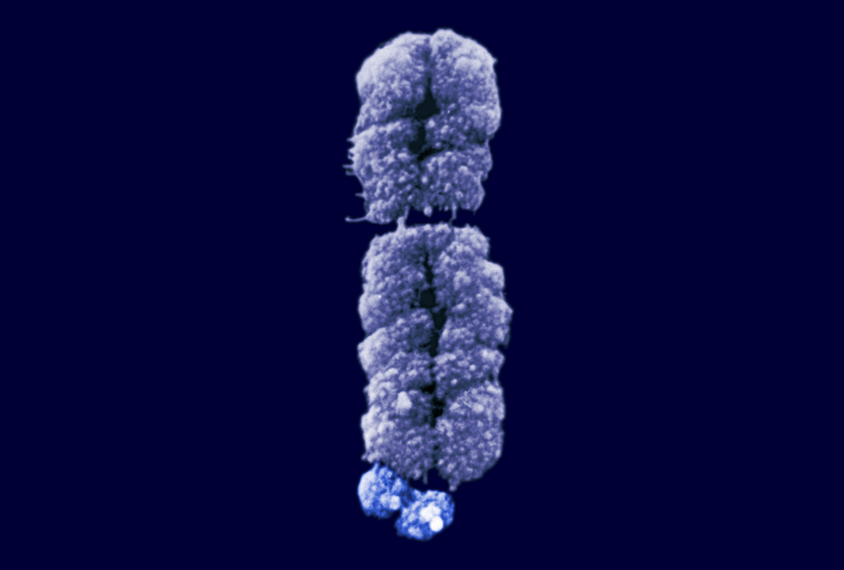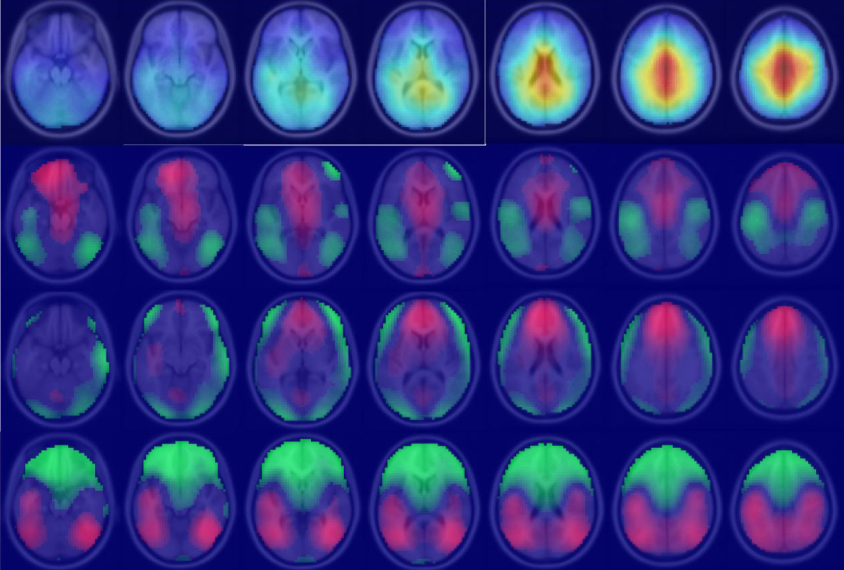Tara Santora is a former intern at Spectrum and a freelance journalist based in New York City. Tara has written about health and the environment for publications such as Psychology Today and Audubon magazine. They are also a graduate student at New York University’s Science, Health & Environmental Reporting Program.

Tara Santora
From this contributor
U.S. authorizes rapid blood test for fragile X syndrome
A new blood test can identify within seven hours whether a person carries the genetic mutation underlying fragile X syndrome.

U.S. authorizes rapid blood test for fragile X syndrome
New analysis of brain activity could identify signal for autism
A new technique allows researchers to analyze raw data across multiple studies that use electroencephalography.

New analysis of brain activity could identify signal for autism
Machine learning flags ‘mosaic’ mutations that may contribute to autism
A new technique detects rare mutations that occur in only a subset of the body's cells.

Machine learning flags ‘mosaic’ mutations that may contribute to autism
Smart jumpsuit may help test motor skills in infants with autism
A new jumpsuit is fitted with sensors that can track and classify an infant's posture and movements.

Smart jumpsuit may help test motor skills in infants with autism
Artificial neurons may repair damaged cells and circuits
Electronic neurons made from silicon mimic brain cells and could be used to treat conditions such as autism.

Artificial neurons may repair damaged cells and circuits
Explore more from The Transmitter
Neuro’s ark: Spying on the secret sensory world of ticks
Carola Städele, a self-proclaimed “tick magnet,” studies the arachnids’ sensory neurobiology—in other words, how these tiny parasites zero in on their next meal.

Neuro’s ark: Spying on the secret sensory world of ticks
Carola Städele, a self-proclaimed “tick magnet,” studies the arachnids’ sensory neurobiology—in other words, how these tiny parasites zero in on their next meal.
Autism in old age, and more
Here is a roundup of autism-related news and research spotted around the web for the week of 2 March.

Autism in old age, and more
Here is a roundup of autism-related news and research spotted around the web for the week of 2 March.
Lack of reviewers threatens robustness of neuroscience literature
Simple math suggests that small groups of scientists can significantly bias peer review.

Lack of reviewers threatens robustness of neuroscience literature
Simple math suggests that small groups of scientists can significantly bias peer review.